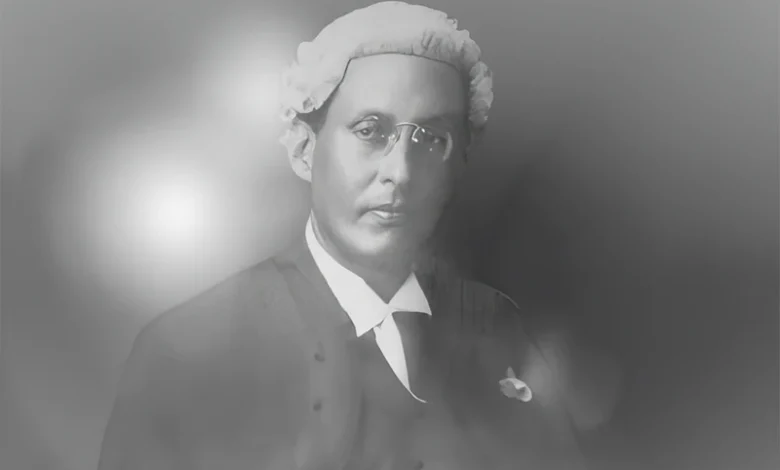Cecil Edgar Alan Rawle

Cecil Edgar Alan Rawle (March 1891-1938) was one of the most influential figures in Dominica’s legal and political history. Born in Roseau, he was the son of William Alexander Romilly Rawle and Elsie Elizabeth Sophia Garrett, who had relocated to Dominica from Trinidad. His father managed the Dominican branch of the West India and Panama Telegraph Company, which later became Cable and Wireless.
Cecil Rawle Education and Legal Career
Rawle attended the Dominica Grammar School before moving to Codrington College in Barbados to continue his studies. He later travelled to the United Kingdom, where he studied law and was called to the Inner Temple in 1913. After gaining his legal credentials, Rawle returned to the Caribbean, where he practised law in Trinidad and Grenada before returning home to Dominica.
Upon his return, he established the Dominica Representative Government Association and became a leading advocate for local representation and legal reform. A commitment to justice marked his legal career, and he quickly gained prominence as one of Dominica’s most respected barristers.
Political Contributions and Leadership
1925 Rawle was elected to Dominica’s first legislature, representing Roseau under the newly drafted constitution. He founded the Dominica Tribune newspaper in 1924, later merging it with the Dominica Guardian, giving him a platform to advocate for labor rights, political reform, and social justice. His work helped shape Dominica’s political landscape and paved the way for greater local governance. As a political figure, his leadership within the Dominica Labour Party (DLP) focused on advancing workers’ rights and promoting social equality. These efforts laid the groundwork for Dominica’s subsequent political evolution, influencing future parties such as the Dominica Freedom Party (DFP).
Rawle chaired the Dominica Conference of 1932, later known as the West Indies Conference. This conference helped lay the foundation for the eventual creation of the West Indies Federation. His contributions to Caribbean unity and governance remain a significant part of his legacy.
Final Years and Legacy
In 1937, Cecil Rawle was appointed Attorney General of the Leeward Islands, a prestigious position that required him to relocate to Antigua. He continued his legal work in the region, influencing legal practices and governance until his death at 47.
Cecil Rawle’s influence in law, politics, and the press impacted Dominica and the wider Caribbean. His pioneering efforts in advocating for labour rights, legal reform, and regional cooperation have cemented his legacy as one of Dominica’s most important historical figures.




